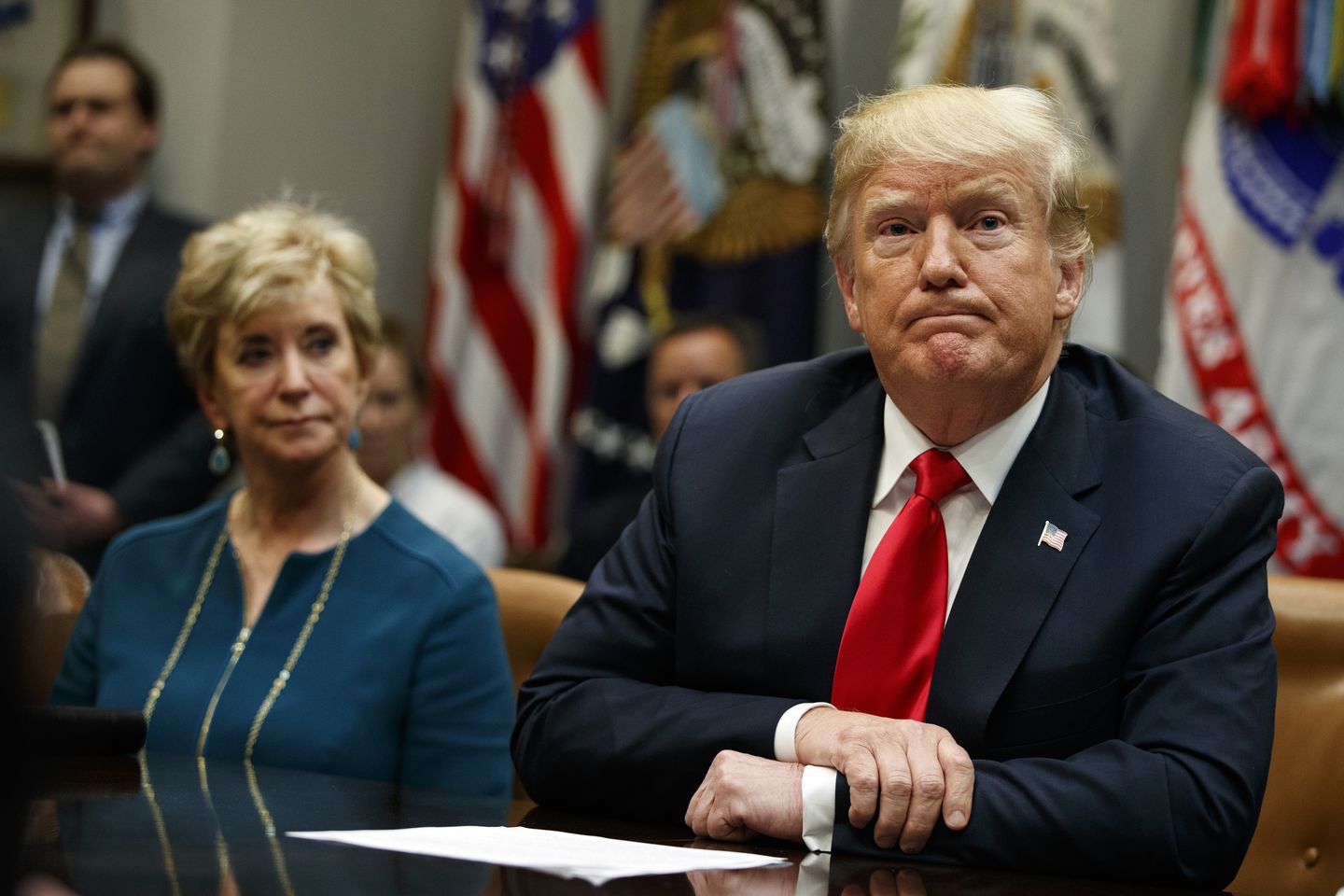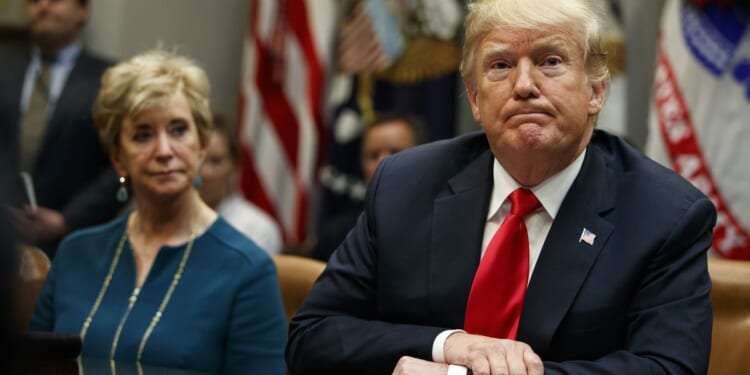
None of the nine universities invited to join the Trump administration’s Compact for Academic Excellence in Higher Education have said “yes” — but not all of them said “no,” either.
Seven of the nine institutions have refused outright to sign the 10-page document, which offers preferential access to federal grants in exchange for adhering to measures aimed at countering foreign influence, skyrocketing tuition in higher education and diversity, equity and inclusion policies.
They include the University of Arizona, which waited until Monday’s deadline to say “thanks but no thanks” to the Oct. 1 draft compact over concerns about academic independence.
Keeping its options open is Vanderbilt University. Chancellor Daniel Diermier told the campus Monday that he has provided input to the Department of Education without making a commitment on whether to sign.
“Despite reporting to the contrary, we have not been asked to accept or reject the draft compact,” Mr. Diermeier said in a statement. “Rather, we have been asked to provide feedback and comments as part of an ongoing dialogue, and that is our intention.”
The six schools that rebuffed the compact are Brown University, Dartmouth University, the Massachusetts Institute of Technology, the University of Pennsylvania, the University of Southern California and the University of Virginia.
Still on the fence is the University of Texas at Austin, which had yet to announce a decision as of midday Wednesday despite an early indication of support.
Kevin Eltife, chairman of the University of Texas System Board of Regents, said Oct. 2 that the school was “honored” to receive the offer, spurring faculty and student pushback, including a campus protest Monday led by the left-wing group Students for a Democratic Society.
If any university is poised for a vibe shift, however, it may be UT Austin. Last week, longtime psychology professor Art Markman said he was dismissed from his post as senior provost for academic affairs over “ideological differences,” a decision applauded by Texas Gov. Greg Abbott.
“Texas is targeting professors who are more focused on pushing leftist ideologies rather than preparing students to lead our nation,” Mr. Abbott posted Sunday on X. “We must end indoctrination and return to education fundamentals at all levels of education.”
UT Austin also has a new president: James Davis, the college’s former senior vice president and chief operating officer. Before joining the university, Mr. Davis worked as a deputy attorney general under Attorney General Ken Paxton, a Republican, for nearly four years.
Like many of the other universities, the University of Arizona emphasized its points of agreement with the administration before declining to enter into the compact.
In his letter to Education Secretary Linda McMahon, university President Suresh Garimella said the school has “much common ground with the ideas your administration is advancing on changes that would benefit American higher education and our nation at large.”
“At the same time, a federal research funding system based on anything other than merit would weaken the world’s preeminent engine for innovation, advancement of technology, and solutions to many of our nation’s most profound challenges,” Mr. Garimella said Monday in his letter. “We seek no special treatment and believe in our ability to compete for federally funded research strictly on merit.”
Under the compact, universities would agree to embrace merit-based versus race-based admissions and faculty hiring, keep foreign undergraduate enrollment below 15%, adopt biological definitions of “male” and “female” for private facilities and sports, and enact a five-year tuition freeze.
While Vanderbilt stopped short of spurning the compact, Mr. Diermeier raised reservations about awarding federal contracts for reasons other than merit.
“Our North Star has always been that academic freedom, free expression and independence are essential for universities to make their vital and singular contributions to society,” he said. “We also believe that research awards should be made based on merit alone. This merit-based approach has enabled the scholarly and scientific excellence that has driven American health, security and prosperity for decades. It must be preserved.”
The administration asked universities to respond with feedback by Monday, but Ms. McMahon said Friday after a White House call with campus officials that the discussion won’t end then.
“Today’s conversation with national higher education leaders is an important step toward defining a shared vision, and we look forward to continued discussions in the weeks ahead,” Ms. McMahon posted Friday on X. “A renewed commitment to the time-honored principles that helped make American universities great will strengthen the country and deepen public confidence in higher education.”
Mr. Trump extended the offer to sign the compact to all universities in an Oct. 12 post on Truth Social, although it was unclear whether colleges other than the initial nine have received formal invitations.











